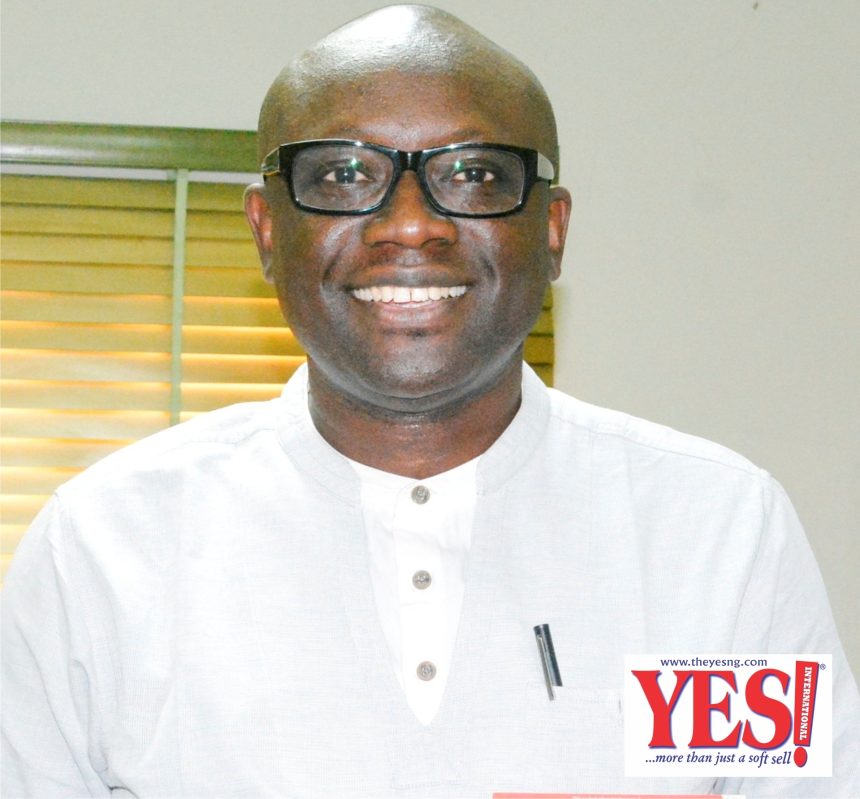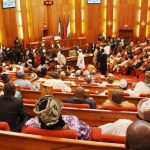The Economic and Financial Crimes Commission (EFCC) has been directed by a Federal High Court in Abuja to remove Leno Adesanya, the promoter of Sunrise Power and Transmission Company Ltd., from its list of wanted individuals with respect to any criminal charges connected to the $6 billion Mambilla hydropower project contract.
In a ruling on Monday, Justice Inyang Ekwo issued the order in a fundamental rights enforcement lawsuit filed by Adesanya and his company against the Attorney General of the Federation (AGF), the Federal Ministry of Power and Steel, the Federal Government of Nigeria, and the EFCC, with the case number: FHC/ABJ/CS/267/2024.
Justice Ekwo concurred with M. S. Diri (SAN), Adesanya’s attorney, that the arbitral proceedings’ sanctity needed to be upheld because the Ministry of Power had refuted the plaintiffs’ claims and counterclaimed (Sunrise’s claims) at the International Chamber of Commerce Court of Arbitration.
According to the judge, the court’s primary concern is preserving the integrity of the existing arbitral procedures between the parties, which are founded on the United Nations Conventions on International Dispute Resolutions, to which Nigeria is both a signatory and a domestic beneficiary.
He stated that the Ministry of Power should not be viewed as a place where conducting business internationally is dangerous or where, in the event of a dispute, investors could be held to ransom by local laws and agencies.
Judge Ekwo noted that Sunrise has started new, ongoing arbitral procedures against the Federal Government of Nigeria.
The court held that this argument could not be used as a defence against the infringement of fundamental rights in ways that were in conflict with constitutional provisions, even though she acknowledged that the rights protected by the Constitution were not absolute.
Judge Ekwo ruled that the EFCC’s publishing of Adesanya’s name and photo as a “wanted person” on its website was not supported by any legitimate defence.
The contract dispute between Sunrise and the Ministry of Power and the Federal Government, which is pending before the International Chamber of Commerce Court of Arbitration in Paris under ICC Case Reference No. 26260/SPN/AB/CPB, he declared, is not one that the EFCC is legally entitled to investigate, resolve, or prosecute.
“quashing, setting aside, and prohibiting the publication of the first plaintiff (Adesanya) as a wanted person or threatening to prosecute the plaintiffs by the EFCC over the Mambilla Hydroelectric Power Project, pending the determination of the contractual dispute between the second plaintiff and the second and third defendants, which is pending before the International Chamber of Commerce Court of Arbitration in Paris, under ICC Case Reference No. 26260/SPN/AB/CPB, where the second and third defendants have joined issues.”
A mandatory injunction is hereby made, directing and compelling the EFCC, either directly or through its officers, agents, servants, or by any other means, to remove the first plaintiff’s name and photograph from all social media platforms and notice boards, as well as from its website, https://www.efcc.gov.ng, and to remove any other negative content pertaining to the plaintiff in connection with any criminal allegations.
Following the Federal Government’s inability to adhere to the terms of the contract pertaining to the Mambilla project and their establishment of an arbitral proceeding against the nation, Adesanya and his company had alleged they were the targets of a witch hunt.
They claimed that in an effort to avoid their legal contractual duties, the Federal Government and its security services, including the EFCC, have attempted to criminalise and scandalise the Mambilla Project even while arbitral procedures are still pending.




